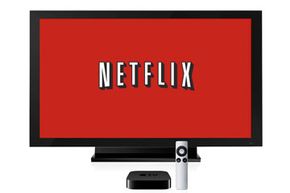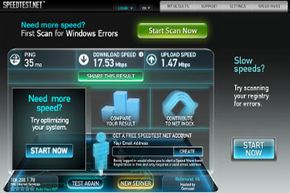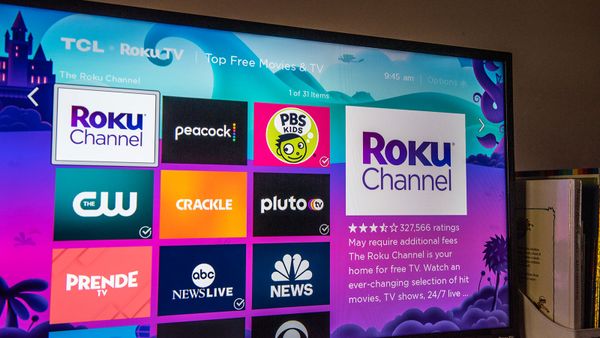If you checked a dozen different video streaming information Web sites, you'd probably get 12 different suggestions as to how fast your Internet download speed needs to be to watch high definition (HD) video. So what's the correct speed? Let's take a look at the data out there and discover a little more about how your Internet speed relates to streaming HD movies.
First, consider what it means for video to be HD. For a single still image on your screen, high definition refers to having at least 720 lines of pixels on the screen, from top to bottom, making up the image. The upper end of HD is 1,080 lines of pixels. The more pixels you can cram into the same physical space, the more detailed an image you can see on the screen. That increased detail means higher definition.
Advertisement
When the pictures start moving, the speed at which pixels can change between images affects whether you can view the video in high definition. The first thing affecting whether you're receiving HD is the device you're using. Both the player (computer, game console or similar device) and the screen (monitor or TV) must be HD-capable in order to view true HD video. Check the specs to see if these components can handle progressive scan rates of at least 720p. That's the minimum rate for video that qualifies as HD, and a common rate used for streaming HD video online.
Supposing you're all set with home components, the next thing to consider is whether the site you're connecting to is really providing video in HD. For example, Hulu.com has common progressive scan rates of 360p and 480p for every video, even if HD is available for that video. When content is available in true HD, you'll have an additional option in the video's settings to switch to viewing in 720p.
So far, you've determined that you have all HD-ready devices, and that you're connecting to HD video content on the Web. Now, what about that Internet connection? Jump to the next page for the truth about the speed and bandwidth you need.
Advertisement



